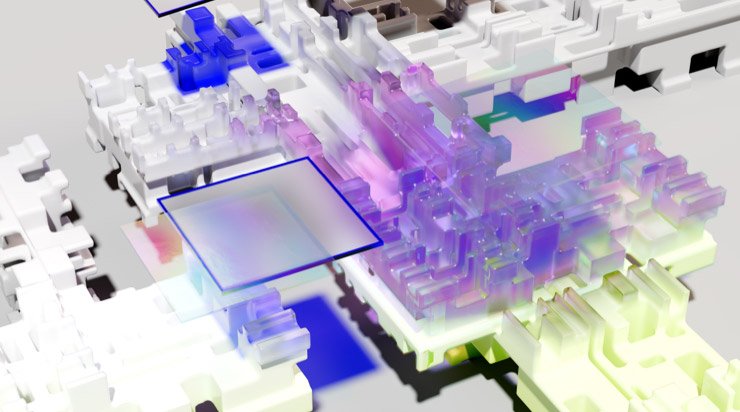Technology is advancing at an unprecedented pace, with constant innovations and breakthroughs reshaping industries. This rapid progress has empowered individuals and organizations to become more capable and self-reliant across various domains.
Amid this technological evolution, blockchain technology has seen remarkable growth since its inception in 1991. Over the years, it has gained significant recognition among traders and researchers, extending its influence into multiple industries. Similarly, Artificial Intelligence (AI), which began as a concept in 1943, has evolved from science fiction into a transformative force, driving innovation and revolutionizing industries globally.
In recent years, the integration of blockchain and AI has emerged as a game-changer. Each technology brings distinct advantages, and their convergence has led to groundbreaking solutions that enhance operational efficiency, strengthen security, and elevate customer experiences.
This accelerated growth has firmly established AI’s presence, and its intersection with blockchain is projected to grow at a compound annual growth rate (CAGR) of 23.1%, expanding from USD 349 million in 2023 to USD 2,787 million by 2033, as reported by Market.us. This synergy between blockchain and AI combines the strengths of both technologies to deliver enhanced business value through transparency, scalability, and automation.

Benefits of Blockchain and AI Integration
- Transparent Data Source: Blockchain acts as a secure repository for transaction data, enabling reliable verification. AI leverages this verified data to train applications effectively.
- Autonomous Systems: Blockchain-based systems distribute data across nodes, facilitating decentralized and autonomous AI operations without the need for direct supervision.
- Authenticity: Blockchain ensures data integrity by providing a digital record of AI frameworks, enhancing trust in AI-generated insights and recommendations.
- Augmentation: AI processes vast datasets with speed and precision, improving decision-making in blockchain networks. Blockchain scales AI by managing model sharing, data usage, and fostering a transparent data marketplace.
"The synergy of Blockchain and AI creates a robust ecosystem where decentralized trust and immutable data merge with intelligent automation, driving secure, transparent, and scalable solutions across industries."
Applications of Blockchain and AI Integration
- Retail: Blockchain and AI enable merchants to securely store customer data, analyze marketing success factors, reduce fraud risk, and streamline payment processes.
- Government: These technologies decentralize data control, ensuring security and transparency in processes like e-voting, while making them accessible to all citizens.
- Life Sciences: In pharmaceuticals, blockchain and AI enhance supply chain traceability, optimize clinical trials, and automate consent management, ensuring data integrity and transparency.
- Healthcare: Blockchain secures healthcare data storage, enabling the development of AI-driven diagnostic tools and personalized treatment plans with improved data protection.
- Supply Chain: By digitizing manual processes, integrating AI intelligence, and ensuring transparency, blockchain and AI revolutionize supply chain management, reducing fraud and enabling real-time tracking.
- Financial Services: Blockchain and AI streamline complex financial transactions, remove intermediaries, foster trust, and enable decentralized finance with smart contracts for peer-to-peer transactions.
- Security: The combined strengths of blockchain’s cryptographic assurances and AI’s advanced modeling improve the security of AI applications, minimizing vulnerabilities and ensuring robust protection.
The integration of blockchain and AI is redefining industries by creating secure, transparent, and efficient systems. While AI delivers scalable intelligence, blockchain provides trust, coordination, and decentralized frameworks. Together, they unlock transformative potential, driving innovation and optimizing performance across sectors.





Companies often neglect to have written standards and policies around their cybersecurity. Why? Because dozens of them are usually needed, covering everything from equipment management to backup procedures, admin credentialing, remote work policies, and so much more. But it’s well worth the effort.